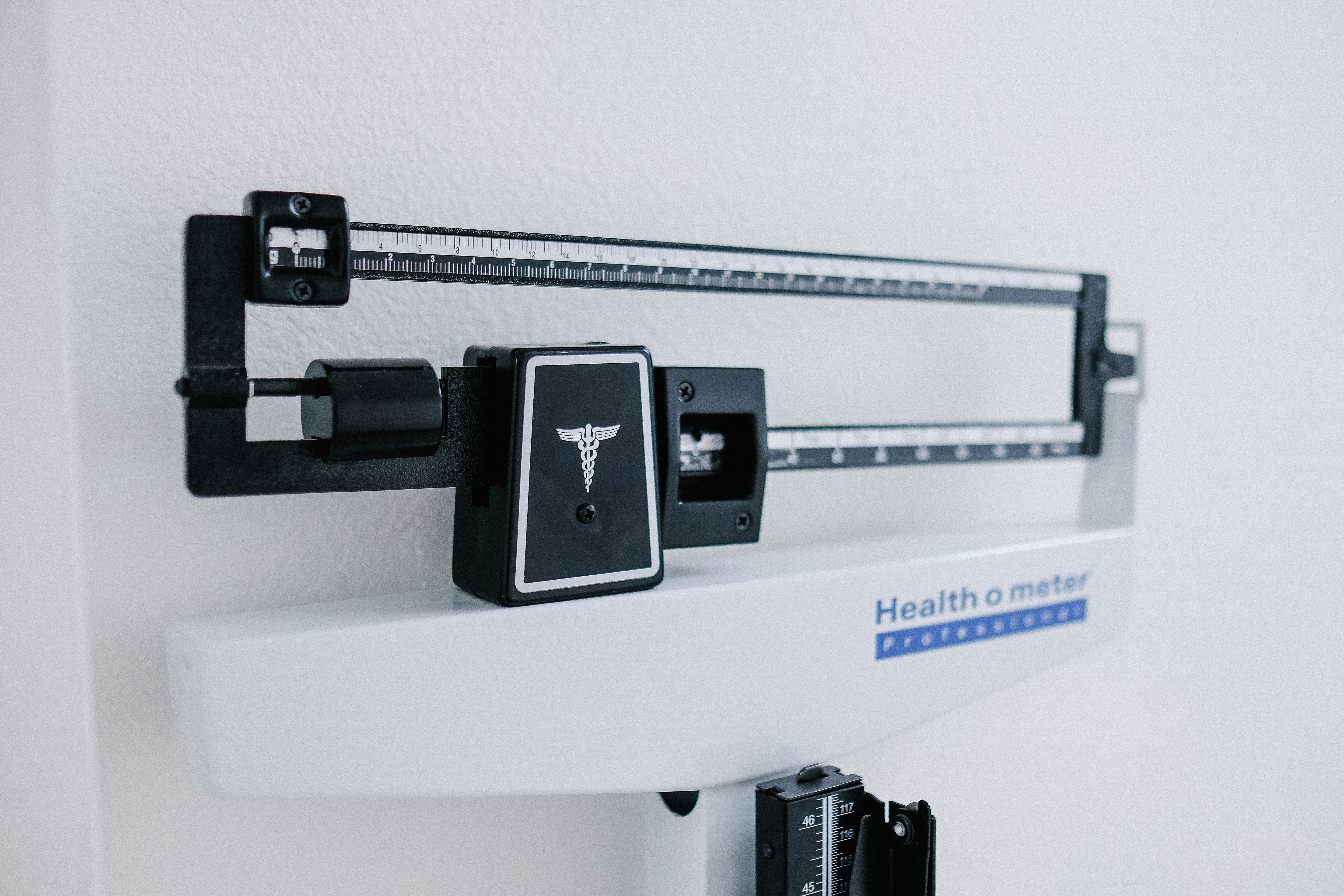Most of the people are unable to digest a specific sugar that is present in milk and milk-related products. This sugar is called lactose. If you’re a person who suffers from flatulence, diarrhoea and even vomiting after drinking milk, then you’re probably suffering from lactose intolerance.
In this article, you’ll get to know about lactose intolerance, its causes, symptoms, and treatment options.
What is lactose intolerance?
Lactose intolerance is a clinical disorder occurring due to the inability to digest lactose which is the main disaccharide present in dairy products.
Normally lactose is hydrolysed into glucose and galactose by the digestive enzyme called lactase present in the small intestine. A person becomes lactose intolerant if he or she becomes deficient in lactase.
There are two main types of lactose intolerance on the basis of difference in causes:
- Primary Lactose Intolerance
It is the most common cause of lactase deficiency and is also known as lactose non-persistence. Primary lactose intolerance happens due to the gradual decline in the activity of lactase enzyme with the advancing age.
- Secondary Lactose Intolerance
This happens secondarily due to several microbial infections, inflammatory conditions, or other diseases that destroy the intestinal mucosa. Common diseases that lead to lactose intolerance include:
- Crohn disease
- Gastroenteritis
- Ulcerative colitis
- Congenital Lactase Deficiency
The newborn baby congenitally has a deficient or absent lactase enzyme due to the autosomal dominant inheritance pattern. The symptoms manifest when a baby is first breastfed.
Symptoms of Lactose Intolerance
The most common symptoms experienced by lactose-intolerant patients are:
- Abdominal cramps
- Flatulence
- Bloating
- Nausea
- Gas
- Diarrhoea
The severity of the symptoms can vary depending upon the severity of your disease.
How much of lactose intolerance is genetically induced?
Primary lactase deficiency occurs due to the autosomal dominant mutations that run in the families genetically. These mutations occur in the LCT gene. This genetic form of lactose intolerance is prevalent among East Asians with 70 to 100 percent of people affected in these communities.
Treatments for Lactose Intolerance
Lactose intolerance is not curable, yet enzyme supplements and prevention of dairy products helps resolve the symptoms.
Take-Away Message
If you’re also lactose intolerant, avoid the use of milk or milk products. Just make sure to add other sources of calcium and essential nutrients if you have completely removed dairy products from your diet.





Share:
Vitamin C - The benefits and what’s not to like
A Quick Guide on the Keto Diet